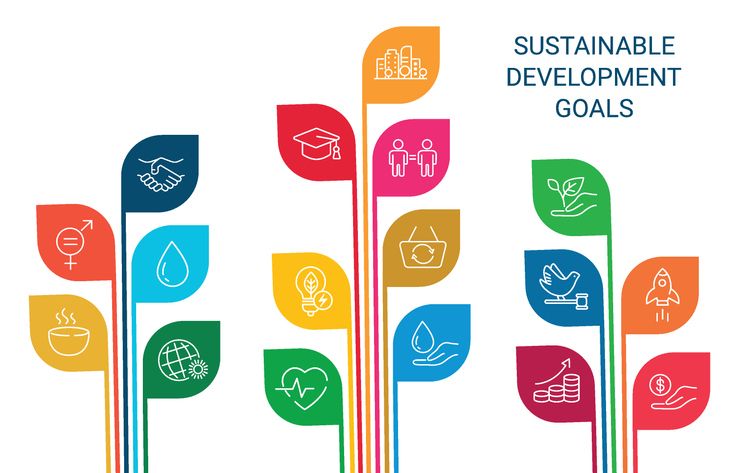UN Sustainable Development Goal (SDG) investing has flourished and is increasingly venturing into the index space.
Unveiled in September, the FTSE Custom Emerging SDG Aligned Net Tax (ESDG) Index is a sustainable equity benchmark that was developed by FTSE Russell with asset manager BlackRock and Dutch pension fund Pensioenfonds Detailhandel for its emerging market portfolio.
Aled Jones, head of sustainable investment for Emea at FTSE Russell, explains that investors are increasingly adopting the SDGs as the availability of data rises.
“Data just wasn’t available a few years ago like it is now. Data is probably the big thing that is driving a lot of new approaches,” Jones tells Expert Investor.
“And it is not just different types of data, but it is the way data can be put together with news, data gathering and processing techniques like machine learning, big data type techniques,” he says.
Besides FTSE Russell’s index, and when only including passive funds launched since the adoption of the SDGs by UN member states in 2015, Last Word Research has identified three sustainable emerging market indices that are tracked by five passive funds. The SPP Emerging Markets Plus A fund does not follow a sustainable index, but invests up to 10% in companies providing solutions to the SDGs (see table below).

Fiduciary duty
Henk Groot, head of investments at Detailhandel, tells Expert Investor that the objective of the index is to align beneficiaries’ preferences with its investments, make a positive impact and reduce financial risks.
“We have conducted extensive academic research in partnership with Maastricht University to understand what our pension scheme members expect from our investment decisions. They stated a clear preference for responsible investing and a clear preference for: SDG 8, decent work and economic growth; SDG 12, responsible consumption and production; SDG 13, climate action and SDG 16, peace, justice and strong institutions,” Groot says.
Detailhandel collaborated with FTSE Russell and BlackRock for the first time in 2019, to meet the fund’s goals and design a similar developed market SDG index.
“In 2019, we therefore aligned our developed market [passive] equities portfolio [€5.8bn, now valued at ca. €7.5bn] to the SDGs first; and it seemed only fitting to re-align our EM portfolio too, of €1.5bn,” he continues.
SDG lens investing
FTSE Russell’s approach assesses companies based on operations (ESG data) and products (eg green revenues data) and applies selected exclusions.
The index tilts to companies that are aligned with specific aspects of the four SDGs selected by the fund’s beneficiaries. The themes include anti-corruption, climate change, human rights and community, labour standards and pollution & resources, as well as three key climate change considerations: carbon emissions, fossil fuel reserves and green revenues (see graph below).

Jones explains that the index is not an impact investment product, as there are limits in how much impact a listed company can deliver.
The approach aligns the firm’s ESG and SDG framework and creates an SDG score, which defines the weighting of companies in the index.
“We basically looked in detail to the indicator level in our model and what is called the target level in the SDGs and we’ve mapped across from our indicators to their targets.
“We’ve used the scores that companies achieve in our ESG ratings and scoring methodology and basically built up a specific SDG score which we then use as the basis for adjustments in an index,” Jones says.
Impact
As a long-term investor, the pension fund is seeking to create long-term financial value through impact by tilting towards well-performing companies and reducing or eliminating investments of companies that do not align with the SDGs.
FTSE Russell said that, by applying the emerging market index, the exposure to CO2 emissions and fossil fuel reserves will decrease by approximately 60%, while exposure to green revenue will increase by around 30%.
Details on the performance of the index are not publicly disclosed.
But, according to back test results, Groot says that “the risk-return profile of this index should be aligned with our previous non-tilted benchmark” and that preliminary results point to a slightly better performing portfolio.
When asked whether EM ESG or EM SDG indices will be more popular in the future, Jones says that “different markets will have very different perspectives on this”.
“Some people want a broad emerging market ESG approach, others [like] Detailhandel will focus on an SDG approach.
“The range of data sets that investors will have available is going to increase exponentially in the next few years and that opens up a lot of possibilities, not just for looking at the SDGs but [for] looking at all sorts of issues,” he adds.







